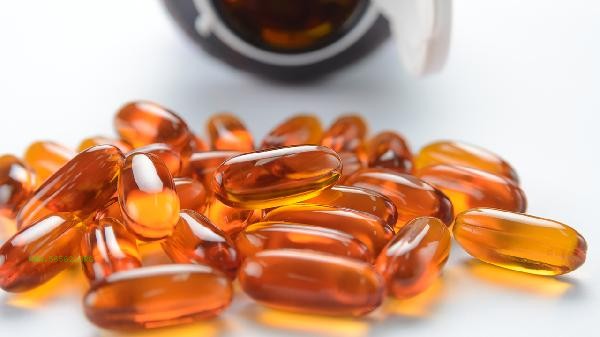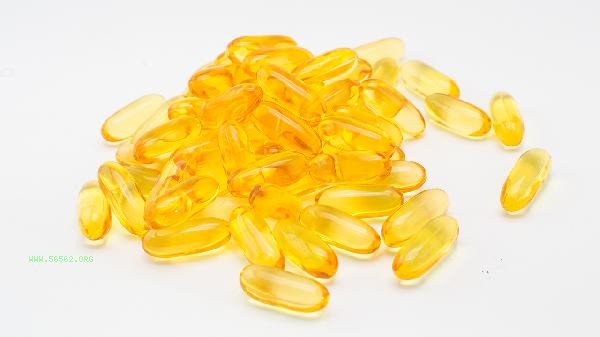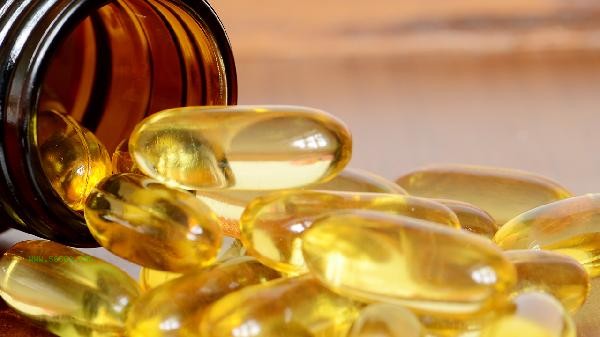Foods containing vitamin E mainly include vegetable oil, nut seeds, green leafy vegetables, fruits, grains, etc. Vitamin E is a fat soluble antioxidant that helps protect cell membranes from oxidative damage and plays an important role in skin health and immune function.

1. Plant oil
Plant oil is one of the most abundant sources of vitamin E, especially wheat germ oil, sunflower seed oil, corn oil, and olive oil. These oils are not only rich in vitamin E, but also contain unsaturated fatty acids, which contribute to cardiovascular health. Moderate use of vegetable oil in daily cooking or cold dishes can increase the intake of vitamin E.
2. Nut Seeds
Almonds, hazelnuts, peanuts, sunflower seeds, pine nuts, and other nut seeds contain a high amount of vitamin E. Nut seeds also provide high-quality protein and healthy fats, making them suitable as snacks or added to breakfast cereals. However, it is important to control the intake as it contains a high amount of calories.
3. Green leafy vegetables
Deep green vegetables such as spinach, broccoli, and kale contain a certain amount of vitamin E. These vegetables are also rich in dietary fiber and various minerals. It is recommended to use fast frying or steaming to reduce the loss of vitamin E.

4. Fruits
Avocado, mango, kiwi and other fruits contain vitamin E. Avocado has a high fat content, which can promote the absorption of fat soluble vitamins. Although the vitamin E content in fruits is not as abundant as in nuts or vegetable oils, it can be combined with other nutrients to enhance overall nutritional value.
5. Grains
Whole wheat flour, oats, brown rice, and other whole grains contain a small amount of vitamin E. Choosing unrefined grains can retain more nutrients, and when eaten in combination with foods rich in vitamin C, it can enhance antioxidant effects. The recommended daily intake of vitamin E varies depending on age and physiological status, with an average adult requiring around 15 milligrams per day. Diversified diet can usually meet the needs, excessive supplementation may interfere with the absorption of vitamin K. Special populations such as pregnant women or those with digestive and absorption disorders should adjust their dietary structure under the guidance of a doctor. When storing food in daily life, pay attention to avoiding light and sealing, and do not cook at high temperatures for too long to reduce the loss of vitamin E.




Comments (0)
Leave a Comment
No comments yet
Be the first to share your thoughts!